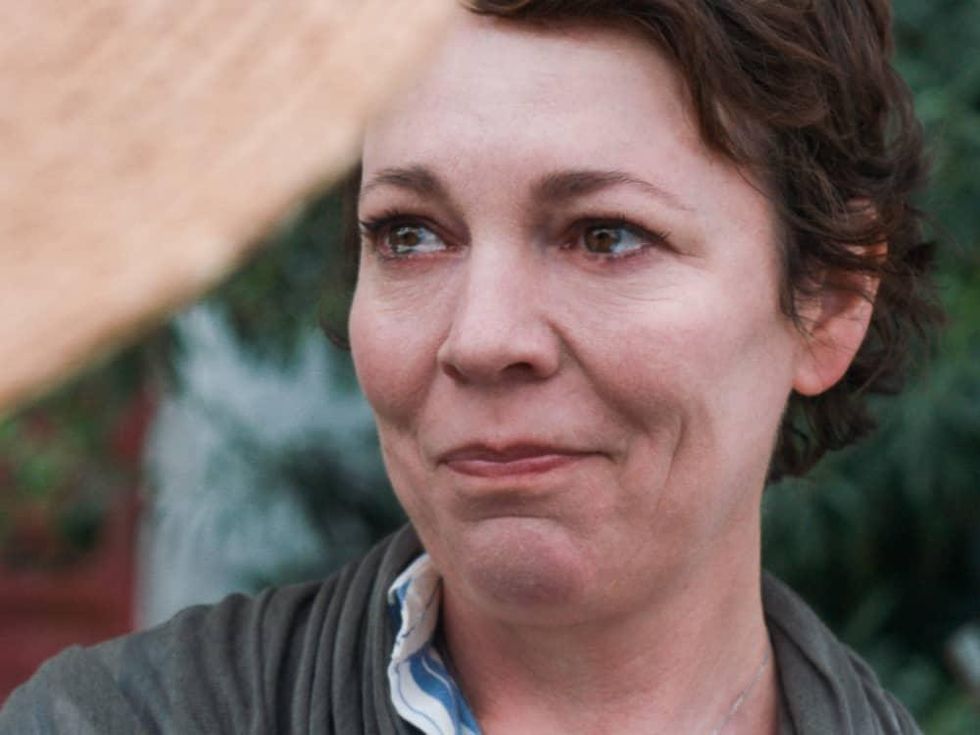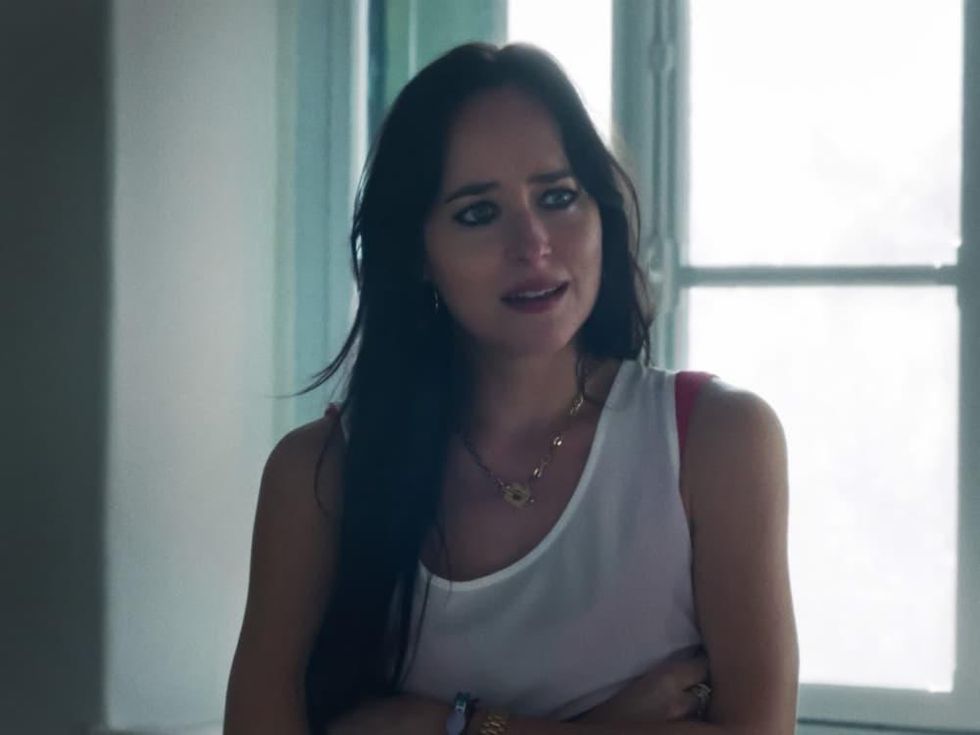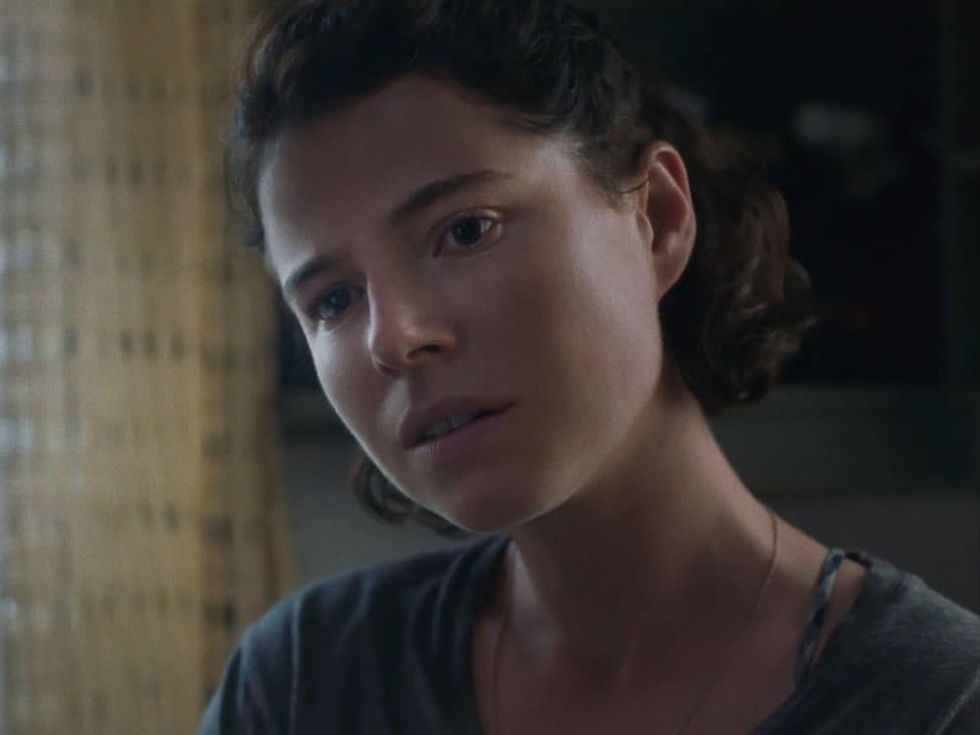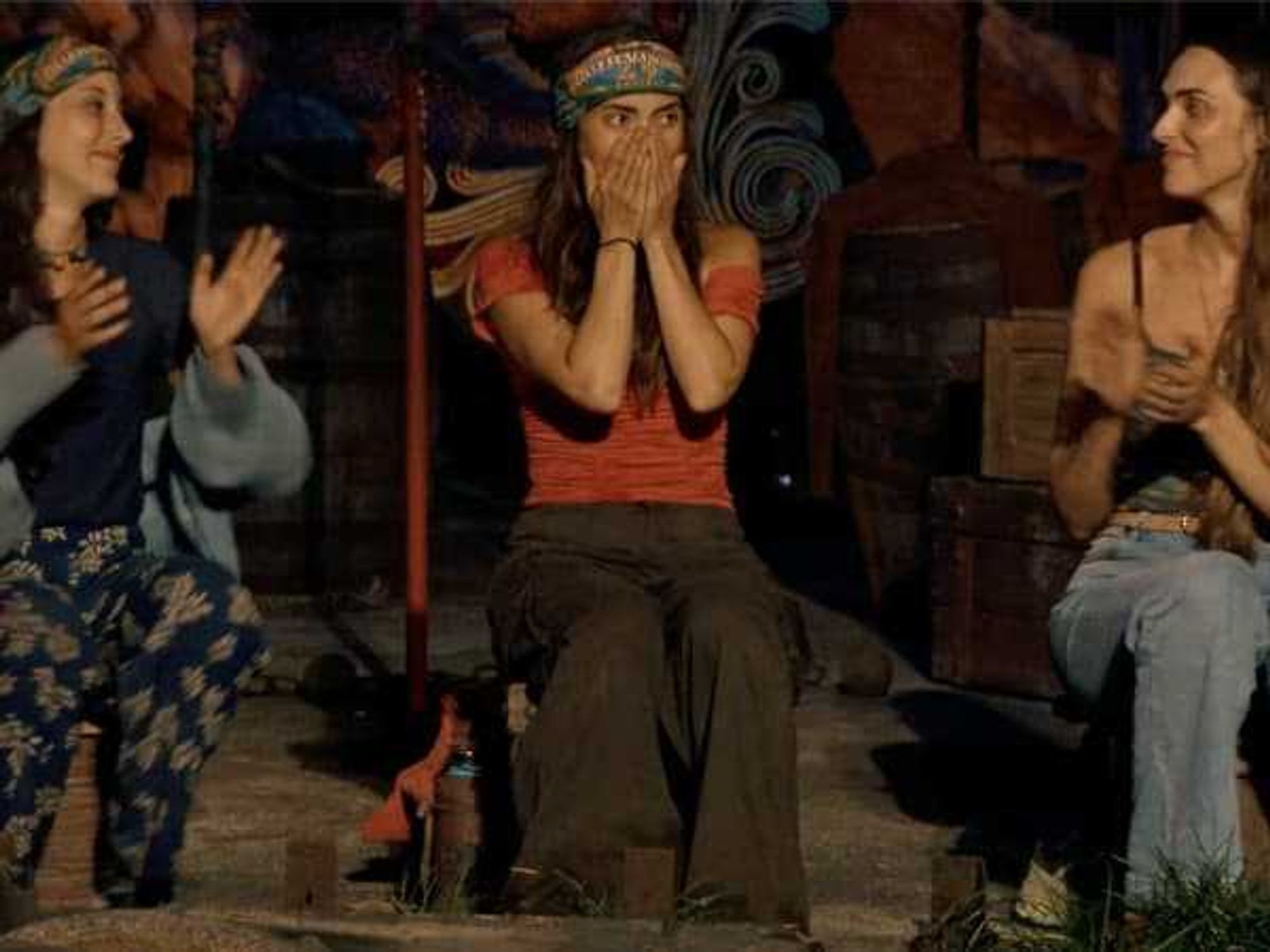Movie Review
Maggie Gyllenhaal’s The Lost Daughter deftly examines the nuances of motherhood
As many people can attest, being a parent is one of the hardest jobs one can face in life. Some people are suited for the role, and some aren’t. In films, bad parents are typically seen from the perspective of their children, whose emotional — and sometimes physical — scars reveal themselves through their own actions as adults. But few films ask you to try to understand the perspective of the parent who’s not always there for his or her children.
That’s the challenge laid out for the viewer in The Lost Daughter, based on the novel by Elena Ferrante. Leda (Olivia Colman) is a professor who has come to a small town in Greece for what she terms a “working vacation.” What initially is a peaceful retreat turns into an unpleasant one as a loud and obnoxious New York family with access to her same private beach creates a ruckus for days on end.
Leda has subsequent run-ins with two women in the group, sisters Callie (Dagmara Domincyzk) and Nina (Dakota Johnson), whose approaches to parenting are careless, at best. When Leda helps in a critical situation for the family, she becomes an object of fascination for them. That glare not only makes Leda act out in various ways, but also causes her to reflect on her own questionable rearing of her children, with Leda portrayed in flashback form by Jessie Buckley.
Written and directed by Maggie Gyllenhaal, who’s making her feature film debut in both roles, the film has a propulsive energy to it as Leda finds herself increasingly entwined with a family she’d rather not have anything to do with. And while the perspective of the story initially puts the audience on Leda’s side, an assortment of circumstances complicates matters, making viewers deal with shades of gray instead of black and white.
Further muddying the waters is the presence of two men, Lyle (Ed Harris) and Will (Paul Mescal), who work for the hotel where Leda is staying. Each awakens a part of her that had remained dormant for years, although the re-emergence of that side of her is not necessarily welcome. Her thoughts regarding the men are in sharp contrast with those of the two women, and lend her decision-making abilities a further blow.
A slight gripe with the film is how it makes the audience puzzle out the mere presence of the characters in their current location. The book was set in Italy with all Italian characters, while the film gives a mishmash of nationalities together in Greece. Wondering how all of these people are in this far-flung location for so long takes up too much real estate in the story, undercutting the solid drama elsewhere.
Colman survived for years as an actor on British television, but a slew of higher-profile roles in recent years has led to plum roles in movies, including an Oscar-winning one in The Favourite. She proves here why she’s so in-demand, with a subtle yet powerful performance. Johnson, who’s near-unrecognizable, does a solid job as an inattentive mother, and Buckley continues her own strong run with a character that is very unsympathetic.
The Lost Daughter is a grueling yet ultimately rewarding ride, giving viewers an opportunity to shift their own views on the characters on multiple occasions. It’s a nice debut for Gyllenhaal as a filmmaker, who demonstrates a nuanced ability that rookie directors don’t often show.
---
The Lost Daughter is now playing in select theaters and debuts on Netflix on December 31.




